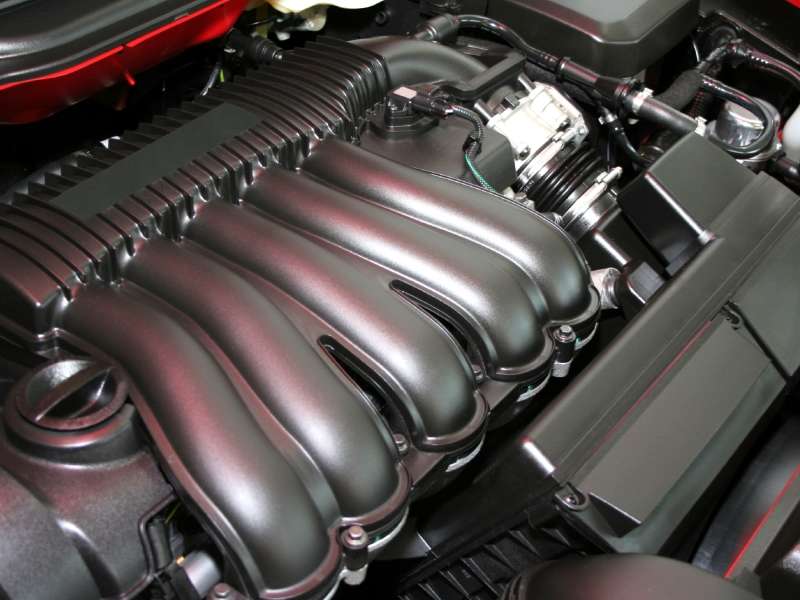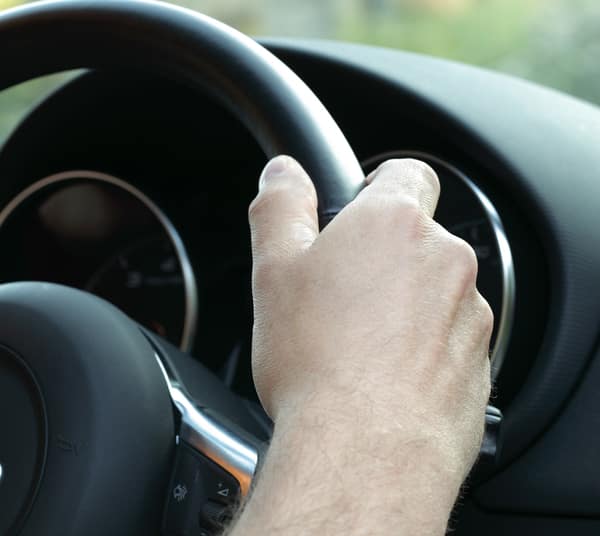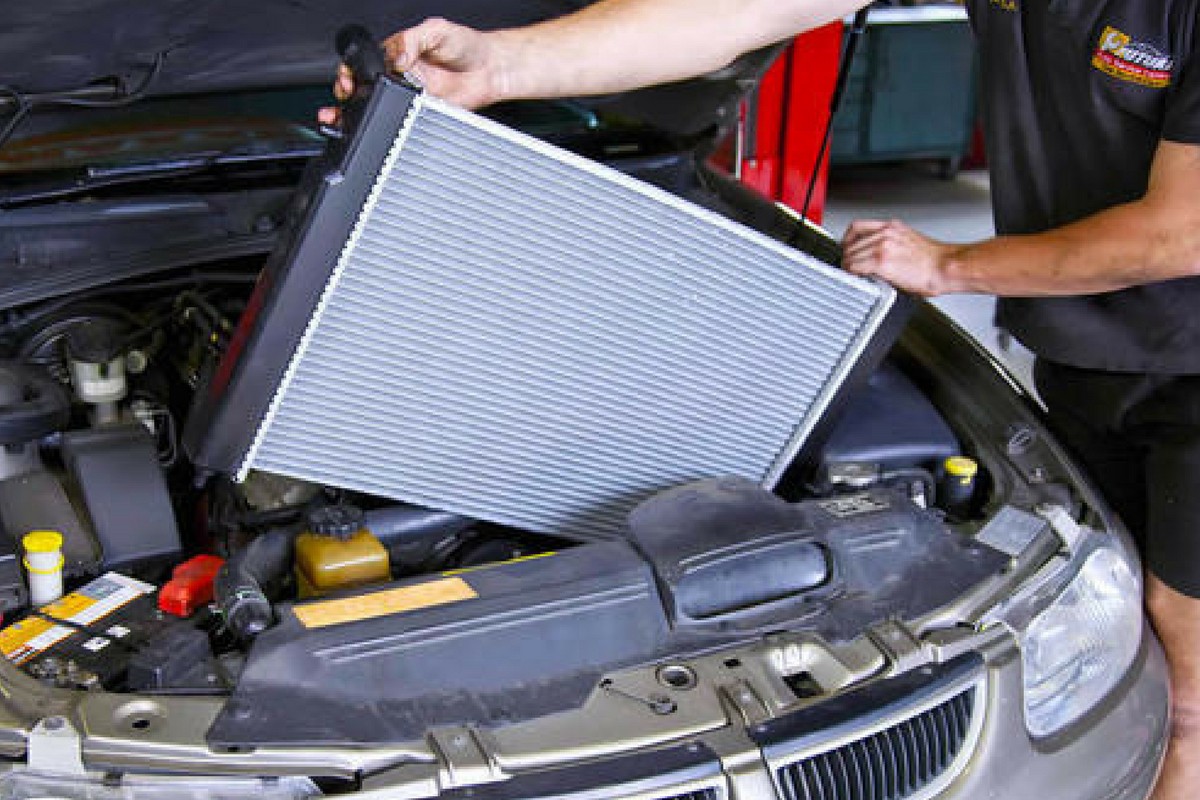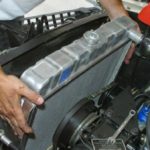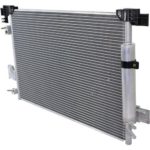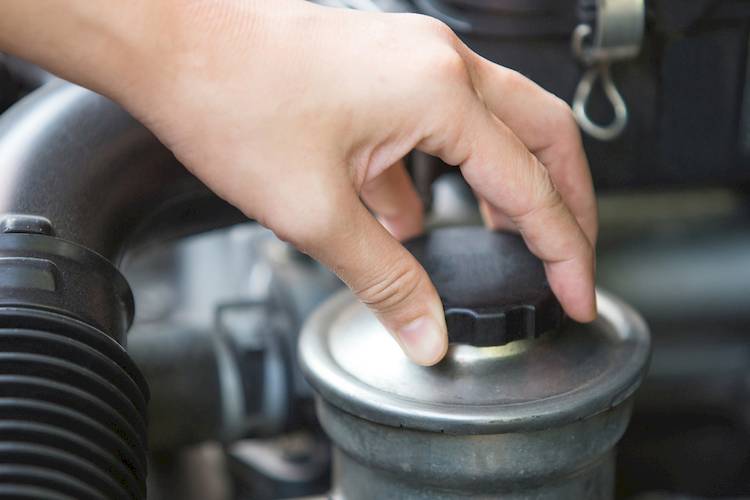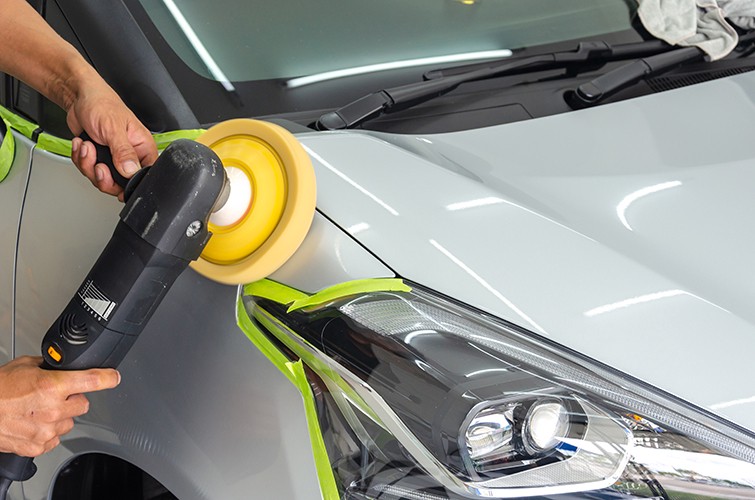 We are going to focus on how to fix car radiator leak in this article, so we advise that you read on and learn. The radiator in your vehicle may unexpectedly leak, leaving you stranded on the side of the road. It’s not a good idea to drive your automobile once it has overheated. Radiator leaks can be sealed before they become an issue with the use of certain products. AlumAseal Radiator Stop Leak and Conditioner is a safe and easy-to-use product that will solve the problem before it becomes a headache.
We are going to focus on how to fix car radiator leak in this article, so we advise that you read on and learn. The radiator in your vehicle may unexpectedly leak, leaving you stranded on the side of the road. It’s not a good idea to drive your automobile once it has overheated. Radiator leaks can be sealed before they become an issue with the use of certain products. AlumAseal Radiator Stop Leak and Conditioner is a safe and easy-to-use product that will solve the problem before it becomes a headache.
Read also: Top 7 Signs of Bad AC Compressor
Effect Of Car Radiator leak
Every day, your radiator, like many other parts of your vehicle, takes a hammering. The created heat dissipates as antifreeze flows through the engine, allowing the engine to run at exceptionally high rpm for extended periods of time. Needless to say, a lot of heat is produced. It’s amazing how much beating your radiator takes. To handle it, the cooling system must be in tip-top form.
When your automobile overheats, your engine is in difficulty, and numerous parts of your automobile, including the engine, gaskets, thermostat, and other cooling system components, might be destroyed. It’s also possible that the radiator will be harmed. It’s critical to understand how to repair a radiator leak before the vehicle overheats. AlumAseal Radiator Stop Leak and Conditioner is an excellent place to start because it’s so safe and convenient.
Causes Of Car Radiator Leak
One could count the number of possible reasons of a car radiator leak on one hand. Corrosion in the radiator is the major and most common reason. Radiators, hoses, and hose connectors acquire dirt and rust, which can puncture radiators over time. Overheating can be caused by a lack of coolant in some cases. Poor service procedures can potentially harm the radiator, though this should not be an issue if it is serviced by a professional. Overfilling the radiator, for example, can result in leaks due to increased water pressure. Excessive heat and pressure on the radiator might also be caused by a faulty thermostat or heater core.
While you’re at the service station, check the level of your radiator and the strength of your coolant. When checking the radiator, always do so when the engine is cold, never when it is hot. When you’re at the garage, ask a mechanic to check the fluid. When mechanics change the oil or perform other engine-related work, they check for a radiator leak. Frequently, the invoice contains check marks that a mechanic does on a car on a regular basis. If you have any concerns, speak with the mechanic regarding the radiator. They’re professionals who can see a problem as soon as they see one. Also, while purchasing coolant, avoid the low-cost options.
When it’s time to change your radiator fluid, make sure the system is flushed first. Rust and sediment can build up in the passageways and hoses, causing a clog. This could lead to radiator leaks and overheating of the engine. Rust eats away at the radiator, physically eating holes in it.
How To Fix Car Radiator Leak
It’s critical to identify remedies to a leak because a leaking radiator is the top cause of overheated engines. Pouring a bottle of AlumAseal Radiator Stop Leak and Conditioner into the radiator is one of the simplest ways for a consumer to handle a radiator leak. This liquid sealant is a quick and easy approach to repair radiator leaks. In a matter of seconds, the auto owner can apply AlumAseal Radiator Stop Leak and Conditioner, saving time and money on a mechanic’s visit.
Wait until the engine is completely cold before starting it and following the recommendations on the product container. AlumAseal Radiator Stop Leak and Conditioner uses the circulation of the sealant to block radiator leaks and solve the problem. AlumAseal Radiator Stop Leak is now available as a powder that may be carried in the trunk.
Read also: What Are The Signs Of a Bad Alternator?
What To Do If Your Radiator Is Leaking?
Use a commercial leak-sealing substance. To begin, make sure the engine is turned off and cool. Remove the radiator cap and pour the leak sealant materials directly into the cooling system. If your vehicle’s engine is currently low, top it out with a coolant and water mixture. Start the engine after replacing the radiator cap.
Can You Drive With A Radiator Leak?
Coolant will be lost if your radiator leaks, and the engine will be at risk of overheating. Because the automobile will be prone to overheating, you should have a mobile repair, such as one from Your mechanic, inspect and maybe repair your radiator.
Can You Drive With A Faulty Radiator?
It is risky to drive with a cracked radiator because the engine may overheat. Overheating is caused by a damaged radiator, which prevents the necessary quantity of coolant from reaching the engine. Make an appointment with the experts at Your mechanic to get a complete diagnosis and radiator repair.
How Much Does It Take To Replace Radiator?
If the radiator is beyond repair, the cost of a conventional radiator replacement ranges from $292 to $1193 for both materials and labor. Radiator replacement will cost around $671 on average. The cost will vary greatly based on the make and model of your vehicle as well as the complexity of the work necessary.
Do Radiator Sealants Work?
Radiator sealant, when used in a pinch or in an emergency, performs exactly what it says on the tin: it seals the leaks. Radiator sealant isn’t a long-term solution because the plastic sealer ultimately wears out and the leak returns. Radiator sealant is an excellent choice for repairing a leaking radiator or hose.
Can I Replace Radiator By Myself?
How Simple Is It to Replace Radiators? Changing your radiators is a relatively simple task that can be completed in a matter of hours provided you know what you’re doing. The simplest method is to replace your radiator with a like-for-like replacement, which means choosing one that is exactly the same size as your old one.
Can You Drive With Low Coolant?
Coolant is essential for keeping your car’s engine cool. The heat produced by the fuel and air mixture must be dispersed. This heat can cause catastrophic engine damage if it isn’t dissipated. It is not suggested to drive or operate your vehicle with low coolant levels because this can cause engine damage.
Hope you enjoyed reading this article on; Tips On How To Fix Car Radiator Leak. Hope you learnt alot! Kindly share the article by using the social sharing buttons below so others can also learn.

